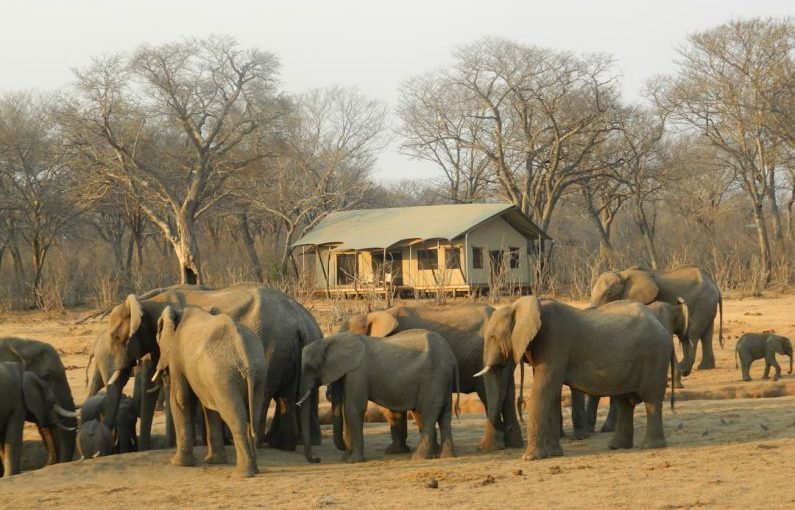In recent years, there has been a noticeable shift in the way people choose their accommodations while traveling. With a growing concern for the environment and a desire to minimize their carbon footprint, travelers are increasingly opting for eco-friendly lodging options. This has led to the rise of eco-lodges, providing sustainable stays that not only offer a unique experience but also contribute to the conservation of the planet.
The Appeal of Eco-lodges
Eco-lodges have gained popularity among travelers for various reasons. One of the primary appeals of these accommodations is their commitment to sustainability. From their construction materials to their energy sources, eco-lodges prioritize environmental conservation in every aspect of their operations. This eco-conscious approach resonates with environmentally conscious travelers who wish to minimize their impact on the planet while enjoying their travel experiences.
Furthermore, eco-lodges often offer a closer connection to nature compared to traditional hotels. Nestled in natural landscapes such as forests, mountains, or coastal areas, these accommodations provide guests with an immersive experience in the great outdoors. Whether it’s waking up to the sound of chirping birds or stargazing away from light pollution, eco-lodges offer a unique opportunity to reconnect with the natural world.
Sustainable Practices
One of the defining features of eco-lodges is their implementation of sustainable practices. These accommodations go beyond using energy-efficient appliances and recycling programs; they often incorporate innovative solutions to minimize their environmental impact. For example, many eco-lodges harness renewable energy sources such as solar power or wind energy to reduce their reliance on non-renewable resources.
Additionally, eco-lodges prioritize water conservation through measures such as rainwater harvesting and greywater recycling. By implementing these sustainable practices, eco-lodges not only reduce their ecological footprint but also set an example for other hospitality establishments to follow suit.
Community Engagement
In addition to their focus on environmental sustainability, eco-lodges often prioritize community engagement and support local economies. Many eco-lodges source their food and amenities from nearby farms and businesses, promoting local entrepreneurship and reducing the carbon footprint associated with transportation. By incorporating local resources into their operations, eco-lodges contribute to the economic development of the communities in which they are located.
Moreover, eco-lodges often engage in conservation efforts to protect the surrounding natural habitats and wildlife. Whether through reforestation projects, wildlife rehabilitation programs, or educational initiatives, these accommodations play a vital role in preserving biodiversity and raising awareness about environmental issues. Guests staying at eco-lodges have the opportunity to learn about local ecosystems and participate in conservation activities, further enhancing their travel experience.
The Future of Sustainable Tourism
As the demand for sustainable travel options continues to grow, the future of eco-lodges looks promising. With travelers becoming more conscious of their environmental impact, eco-lodges are well-positioned to cater to this evolving market. By offering unique experiences that blend nature, sustainability, and community engagement, eco-lodges provide a compelling alternative to traditional accommodations.
In conclusion, the rise of eco-lodges reflects a growing awareness of the importance of sustainable tourism. These accommodations not only offer a responsible way to travel but also contribute to the conservation of the planet and the well-being of local communities. As travelers seek meaningful and eco-friendly experiences, eco-lodges stand out as a beacon of sustainability in the hospitality industry.





